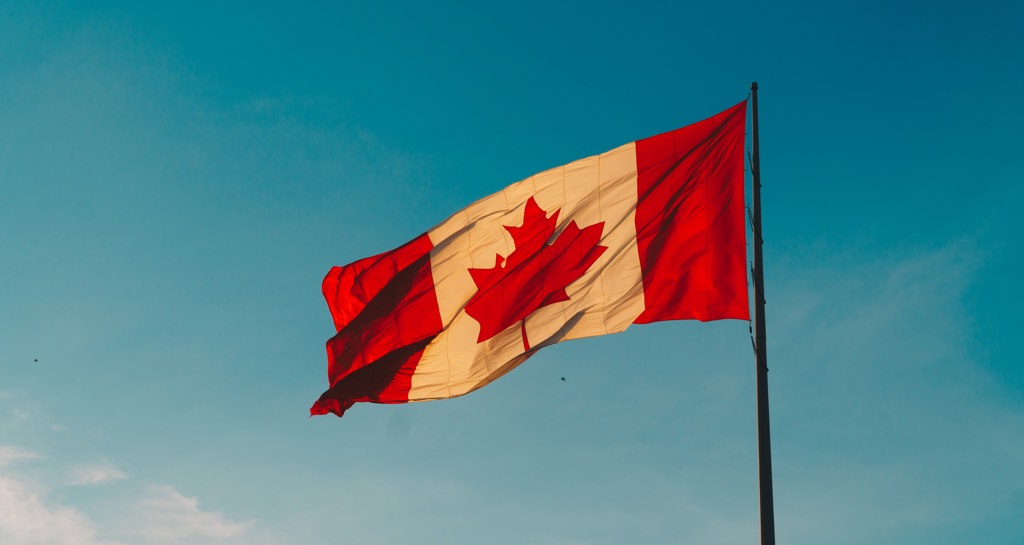The Prime Minister’s visit to the Indo-Pacific reflects the federal government’s commitment to further engage with states in the region through “Canada’s Indo-Pacific Strategy”, released in November 2022. Key objectives in Canada’s strategy include expanding trade, investment and supply chain resilience; promoting peace, resilience and security; and building a sustainable and green future.
While Canada has fulfilled the role of dialogue partner to ASEAN since 1977, the 43rd Summit observed Canada stepping up to the role of strategic partner for the organization. As a result of Canada gaining a stronger footing in the organization, the ASEAN-Canada Summit welcomed the implementation of the new ASEAN-Canada Strategic Partnership.
The new partnership between Canada and ASEAN promotes multilateral support in different areas such as economic cooperation, political security and socio-cultural cooperation, among others. Notably, the partnership encourages the possibility of establishing a free trade agreement, known as the ASEAN-Canada Free Trade Agreement (ACAFTA). While negotiations for implementing ACAFTA have not yet concluded, the Joint Leaders’ Statement on the ASEAN-Canada Strategic Partnership emphasizes the economic need for collaboration through the conclusion of ACAFTA negotiations.
Alongside the ASEAN-Canada Strategic Partnership, the Prime Minister strengthened ties to the region for trade purposes through the appointment of the first Canadian Indo-Pacific Trade Representative (CIPTR), Paul Thoppil. The role that the CIPTR is tasked to fulfill will involve the promotion of trade and investment between Canada and the Indo-Pacific region, while ensuring supply chain efficiency for all strategic partners involved. The diplomatic work that will unfold on behalf of Canada by the trade representative will be based in Jakarta, Indonesia.
In addition to the appointment of a CIPTR in Indonesia, Trudeau established that an Export Development Canada (EDC) office will open in Jakarta on Sept. 25th. The EDC office in Jakarta is meant to boost the ability for Canadian companies to diversify in the region, while encouraging trade in areas such as clean energy, technology and agriculture.
As a strategy to strengthen trade between Canada and the Indo-Pacific, the Government of Canada is also planning trade missions to the region. The Team Canada Trade Missions to the Indo-Pacific (TCTM) will carry out trade missions to various nations including Indonesia, Korea and Malaysia, among others. These trade missions will aim to showcase Canada’s competitive advantages to welcome further trade and investment between states in the Indo-Pacific and Canada.
While the ASEAN-Canada Strategic Partnership prioritizes collaboration for economic growth, it also aims at peace and security.
As stated by the Joint Leaders’ Statement, the partnership seeks to “enhance cooperation in maintaining peace, security and stability.” These factors are aimed at by addressing security threats in the region such as terrorism, transnational crime and non-proliferation. Likewise, the partnership outlines a joint commitment to promote “the non-use of force or the threat to use force, and the resolution of disputes by peaceful means, in accordance with universally recognized principles of international law.”
Regarding financial contributions promised to the Indo-Pacific region, Prime Minister Justin Trudeau announced $10 million in funding for ASEAN Member States as part of Canada’s Mitigation of Biological Threats (MBT) in the ASEAN Region Program to support better prevention of biological threats and pandemics. Likewise, the federal government pledged $2.6 million through Canada’s Weapons Threat Reduction Program to support the work of the World Institute for Nuclear Security in providing safe nuclear use training across Thailand and Southeast Asia.
Canada’s new status as an ASEAN strategic partner meets several objectives set by the federal government on Canada’s Indo-Pacific Strategy, released last November.

